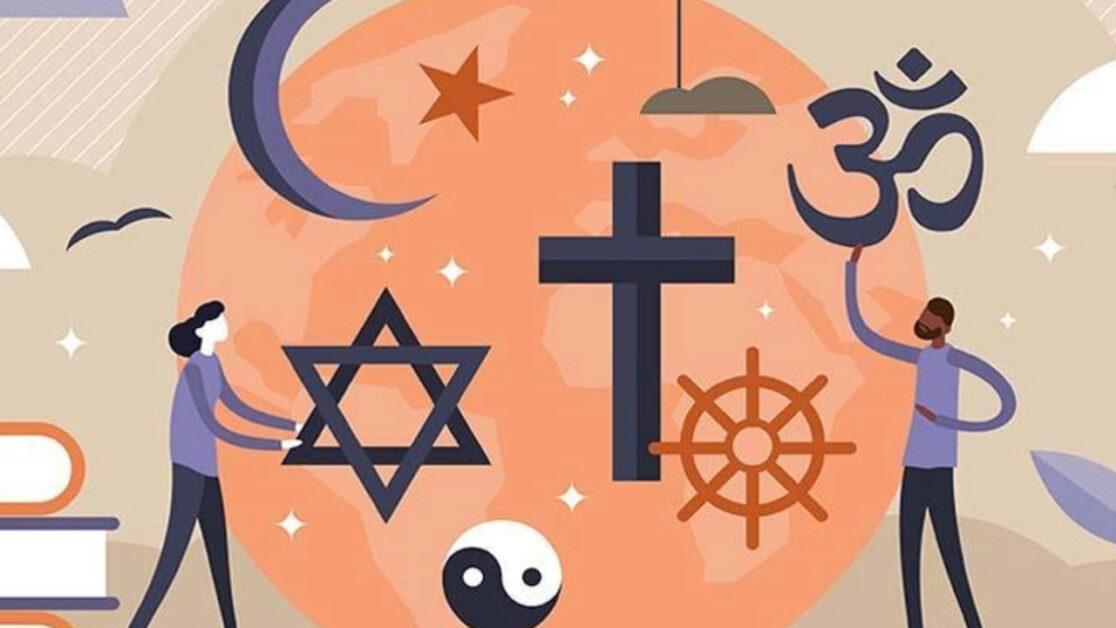The persistence and popularity of religious beliefs and practices are testament to human beings' inherent spiritual needs.
Yet, like any other social institution, religions too must adapt to changing societal norms, values, and technologies. This adaptation is paramount for keeping faith alive and relevant in the modern context. In this article, we will explore some of the significant ways religious traditions have evolved in contemporary society.
Transition From Traditional to Contemporary Worship
In the face of modernization and digitalization, traditional religious practices have seen interesting transformations. For instance, the in-person rituals, like congregational prayers and sermons, have moved online, allowing worshippers to stay connected with their faith from the comfort of their bedrooms. This shift played a crucial role especially during the recent Covid-19 restrictions when places of worship had to close down.
Diverse Interpretations of Holy Texts
Many religious traditions have seen a shift in the interpretation of their holy texts. Where once literal interpretations were paramount, now symbolic and meta-narrative interpretations are gaining popularity. This change marks a move towards a more liberal and inclusive approach to traditional faiths, accommodating evolving societal norms like gender equality and LGBTQ+ rights.
Influence of Globalization on Religious Practices
Globalization too has played a key role in the transformation of religious traditions. As people of different faiths increasingly interact, there has been a significant spread of religious ideologies and practices across various parts of the world. Yoga, a part of Hindu spirituality, for example, has gained international fame due to its mental and physical health benefits.
The Role of Education in Religious Evolution
Increased access to education has led to greater scrutiny and questioning of traditional religious beliefs. This intellectual probing often leads to refinement and evolution of religious practices, making them more compatible with scientific reasoning and humanistic values.
Conclusion
The evolution of religious traditions demonstrates the dynamic nature of human spirituality. As our societies change, so do our faith practices, ensuring their relevance and sustenance. While this adaptation can sometimes lead to challenges and controversies, it is an inevitable part of religious survival and growth in the modern world.

